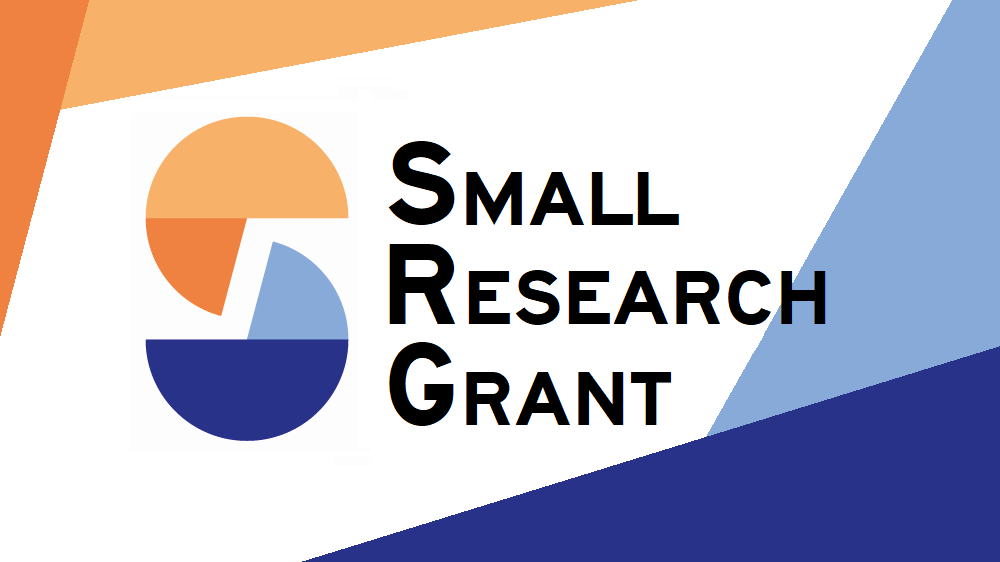With growing concerns surrounding climate change, governments across the world face the task of balancing economic development with environmental sustainability. This trade-off is particularly stark for many low and middle-income countries in Africa, Asia and Latin America, who are heavily dependent on agriculture, and hence particularly vulnerable to climate change. Policy in this area often comes down to decisions being made on private actions at a local level. It is unclear whether environmental policy should be decentralised and formulated by local government or centralised at the national level. On the one hand, regional governments may be better informed about local preferences and trade-offs. However, they may also be more prone to capture by elites, leading to inefficient diversions of land. This project examines the consequences of decentralising policy decision-making on using forested land for economic activity.
A significant institutional reform in India in 2004 shifted the primary responsibility of assessing land-use proposals of a smaller size (under 40 hectares of forest land) from the national government to the state governments. This increased the weight of the state government in the decision-making process for proposals under a threshold size. The amendment therefore allows a ‘difference-in-discontinuity’ design to identify the causal effect of the policy change. Using rich administrative data on the universe of applications between 1980-2019 along with other administrative data from the Election Commission and Economic and Population Census, the project examines the impact of this governance change on application behaviour, approval rates of proposals submitted for diversion of forest land, and subsequent economic and electoral outcomes. Local preferences for forest conservation and capture by local elites are tested as mechanisms for these impacts.
The project will shed light on forest degradation and the role played by political economic forces in India but also in other low- and middle-income countries where this is a key environmental concern, Ethiopia, Indonesia, and Brazil being three significant examples. Understanding the importance of decentralisation in this process will be relevant for each of these countries. Broader than deforestation, the project will help to understand how decentralisation of policymaking around the trade-offs between environment and development can shape local economies, an important topic of discussion for many countries in sub-Saharan Africa facing significant costs as a result of climate and environmental change.





























































